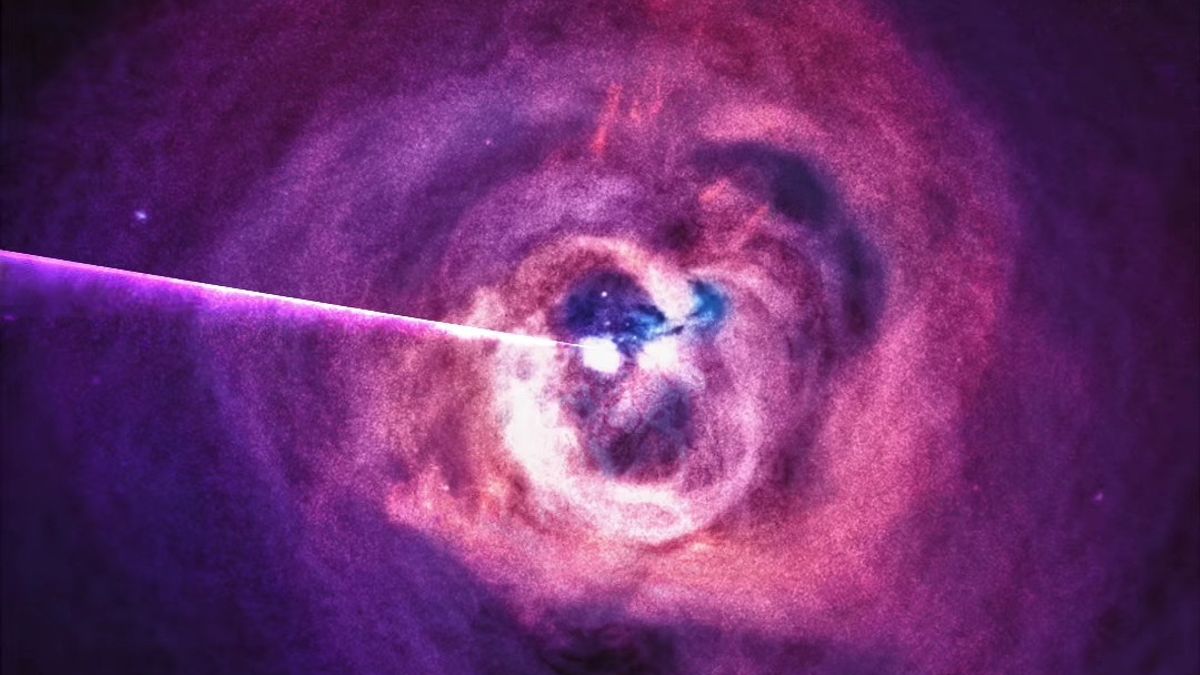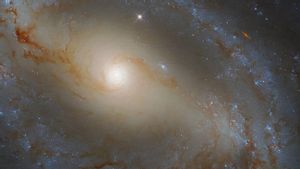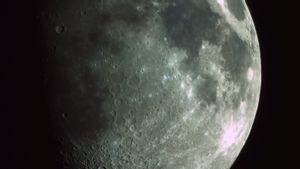JAKARTA - The black hole turns out to have a sound that was captured by the Chandra X-ray Observatory space telescope. Initially, the audio released by NASA was obtained as astronomical data, and then translated into sound.
The audio of this black hole was captured at the center of the Perseus galaxy, which is more than 200 million light years from Earth.
"Since 2003, the black hole at the center of the Perseus galaxy cluster has been associated with sound," NASA said in its official blog quoted by VOI, Sunday, May 8.
"This is because astronomers found that the pressure waves sent by the black hole cause ripples in the cluster's hot gas that can be translated into tones that humans cannot hear about 57 octaves below middle C."
In fact, there has always been a misconception that space has no sound, because there is no medium for sound waves to travel.
However, NASA astronomers realized that the hot gas that enveloped Perseus, a collection of galaxies 11 million light-years wide, could be translated into audio. The gas that surrounds hundreds and thousands of these galaxies provides a medium for sound waves to propagate.
VOIR éGALEMENT:
NASA resynthesizes sound waves into the human hearing range by scaling them up by 57 or 58 octaves above their original pitch to create sonification.
In an attempt to sonify earlier astronomical data from observatories, various musical instruments such as the violin recreate these sounds.
"Another way of saying this is that they are heard 144 quadrillion times and 288 quadrillion times higher than the original frequency," NASA said.
The sound was released at NASA's Black Hole Week event and included as part of the Universe of Learning program. In addition, NASA also released new sonifications of other black holes.
Studyed for decades, the black hole in Messier 87, or M87, rose to prominence after the first release of the Event Horizon Telescope project in 2019. The new sonification does not display EHT data, but looks at data from other telescopes observing M87 at a much wider scale at almost the same time.
The English, Chinese, Japanese, Arabic, and French versions are automatically generated by the AI. So there may still be inaccuracies in translating, please always see Indonesian as our main language. (system supported by DigitalSiber.id)


















